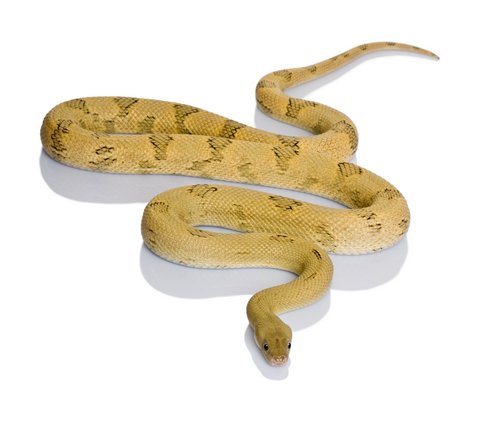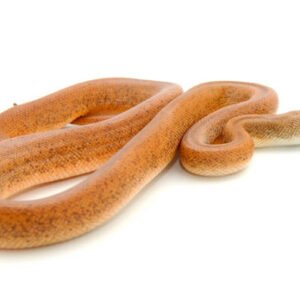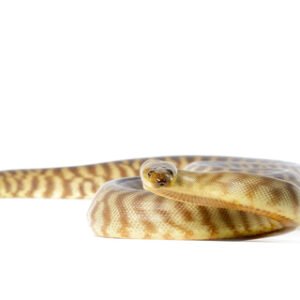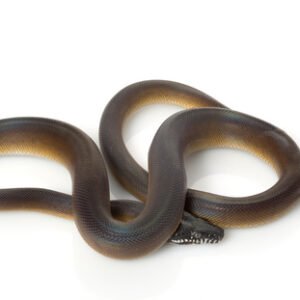Introduction to Trans Pecos Rat Snake
The Trans Pecos Rat Snake, scientifically known as Bogertophis subocularis, is a remarkable species endemic to the southwestern regions of the United States, specifically thriving in Texas, New Mexico, and certain areas of Mexico. This snake is celebrated for its striking physical characteristics, which include a slender body, large eyes, and vibrant coloration. Typically, their color palette comprises hues of gray, orange, and cream, adorned with distinctive blotches that provide effective camouflage among varied landscapes.
Geographically, the habitat of the Trans Pecos Rat Snake is diverse. These snakes are frequently found in arid deserts, rocky hillsides, and even deciduous forests. This adaptability not only highlights their resilience but also illustrates their important ecological role. The patterns on their scales serve as a means of blending into the environment, enabling them to evade predators as well as to stalk their prey. This attribute is particularly beneficial in the harsh terrains of the southwestern United States, where temperatures can vary dramatically.
Behaviorally, the Trans Pecos Rat Snake exhibits both diurnal and nocturnal tendencies, showcasing flexibility in its activity periods based on environmental conditions. They are primarily constrictors, feeding on small mammals and birds, thus actively contributing to the control of these populations within their ecosystem. Furthermore, by serving as both predator and prey, these snakes help maintain a balanced food web, underscoring their significance in the biodiversity of their native range. Understanding the physical traits, adaptability, and ecological interactions of the Trans Pecos Rat Snake enhances our appreciation for this unique species and its contribution to our natural world.
Conservation and Care of Trans Pecos Rat Snakes
The conservation status of the Trans Pecos Rat Snake (Bogertophis subocularis) has garnered attention due to several environmental challenges. Primarily, these snakes face threats from habitat loss resulting from urban development, agriculture, and land-use changes. Climate change is also a significant factor, altering their ecosystems and impacting their prey availability. These factors have necessitated concerted conservation efforts aimed at protecting the populations of this unique species.
In response to these challenges, various initiatives have been implemented to conserve the Trans Pecos Rat Snake. Preservation of native habitats and corridors, as well as educational programs that raise awareness about the importance of these reptiles in the ecosystem, are critical components of these efforts. By involving local communities in conservation practices, the chances of successfully safeguarding these snakes increase. The role of habitat restoration is pivotal in ensuring they have access to safe environments where they can thrive.
For those considering keeping a Trans Pecos Rat Snake as a pet, understanding their care requirements is essential. These snakes require a spacious enclosure that mimics their natural environment, complete with appropriate temperature gradients and humidity levels. Their diet primarily consists of rodents, and it is vital to provide a balanced nutrition to promote health and vitality.
Health care management is another critical aspect of ownership, necessitating regular checks for parasites and illnesses. Breeding practices require specific knowledge to ensure healthy offspring and maintain genetic diversity. It is crucial for potential owners to source these snakes responsibly, minimizing the impact on wild populations. Ethical considerations, such as availability of captive-bred specimens, should always be prioritized to support conservation efforts for Trans Pecos Rat Snakes and their habitats.





